
NFI Industries is one of the largest and most diverse supply chain solutions providers in North America, offering end-to-end logistics services across a range of industries. But beyond its impressive portfolio of services and customers, NFI is also a company that values and respects its employees, offering equal access to opportunities for all. As a company, NFI is committed to creating a more diverse and inclusive workplace and culture. This commitment benefits not only its employees, but also its customers and communities.
NFI’s Pledge for Diversity and Inclusion
NFI has taken action to ensure that its pledge to diversity and inclusion is more than just words. Instead, it is a promise to make a difference in the lives of its people and the world around them. In 2022, NFI’s CEO Sid Brown, signed the CEO Action for Diversity and Inclusion pledge. This pledge is the largest CEO-driven business commitment to advance diversity and inclusion in the workplace, and it outlines four key actions that signatories agree to take:
- Cultivate a workplace that supports open dialogue on complex and sometimes difficult conversations about diversity and inclusion.
- Implement and expand unconscious bias education
- Share best practices and successful actions with other companies
- Create and share strategic inclusion and diversity plans with their board of directors
By signing this pledge, NFI demonstrates its dedication to fostering an environment that values and respects all individuals, offers equal access to opportunities, and embraces their individuality.
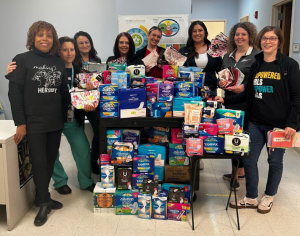
NFI’s Focus Areas for Diversity and Inclusion
NFI’s diversity and inclusion strategy is led by the Vice President of D&I and the D&I Council. They oversee various initiatives and programs to enhance NFI’s culture and workforce. The strategy has five pillars: representation, advancement, inclusive culture, leadership commitment, and sustainability & accountability. To foster a sense of representation and inclusive culture among its employees, NFI offers seven Employee Resource Groups (ERGs) that celebrate and support the unique characteristics and interests of NFI’s team members. To ensure diversity in talent, NFI strives to attract, develop, retain, and advance a diverse talent pool that reflects the communities it serves. NFI also invests in the growth and development of its employees through mentorship programs, training courses, leadership workshops, and recognition awards. To create a positive community impact, NFI supports various causes and organizations that align with its values.
NFI’s Employee Resource Groups
One of the ways that NFI fosters a sense of belonging among its employees is through its Employee Resource Groups (ERGs). These are voluntary, employee-led, and NFI sponsored groups that are formed around common interests, backgrounds, or pursuits. Each group is open to all employees and helps to increase the inclusion and retention of our diverse workforce, drive employee engagement, and educate through programs.
NFI currently has seven ERGs that employees can join:
- Women’s Initiative Network, Young Professionals Network, Veterans Engagement Team, Black Organization for Leadership and Development (BOLD), APIDA Shared Identity Affinity Network (ASIAN), People Recognizing Our Unique Diversity (PROUD), and their newest addition, Hispanic Organization for Leadership Advancement (HOLA).
NFI’s ERGs have been active in advancing NFI’s D&I goals and initiatives. They have hosted virtual events on various D&I topics and organized celebrations and campaigns for various cultural and historical events and months. The groups also participated in community service and fundraisers for various causes and organizations. Newsletters are created to share D&I information and stories. The groups also collaborate with NFI’s talent acquisition team to attract and recruit diverse candidates.
NFI’s Recognition for Diversity and Inclusion
NFI has received several awards and accolades for its D&I efforts. These include: One of America’s Greatest Workplaces for Diversity 2023 by Newsweek, which recognizes companies that have made diversity a priority; One of the Best Employers for Women in the U.S. by Forbes, which ranks companies based on their treatment of women employees; and A Delaware Valley Top Workplace by The Philadelphia Inquirer, which honors employers that have a strong culture of engagement.
NFI’s Vision for Diversity and Inclusion
NFI is proud of its achievements in diversity and inclusion so far, but it is ongoing. The company recognizes that there is always room for improvement and innovation and that diversity and inclusion is a journey that requires constant learning and adaptation.
NFI’s vision is to be a leader in diversity and inclusion in the supply chain industry and beyond and to create a workplace where everyone feels valued, respected, and empowered to reach their full potential.
If you are interested in joining NFI’s diverse and inclusive team, visit their careers page to learn more about their opportunities and benefits at https://careers.nfiindustries.com/careers-home



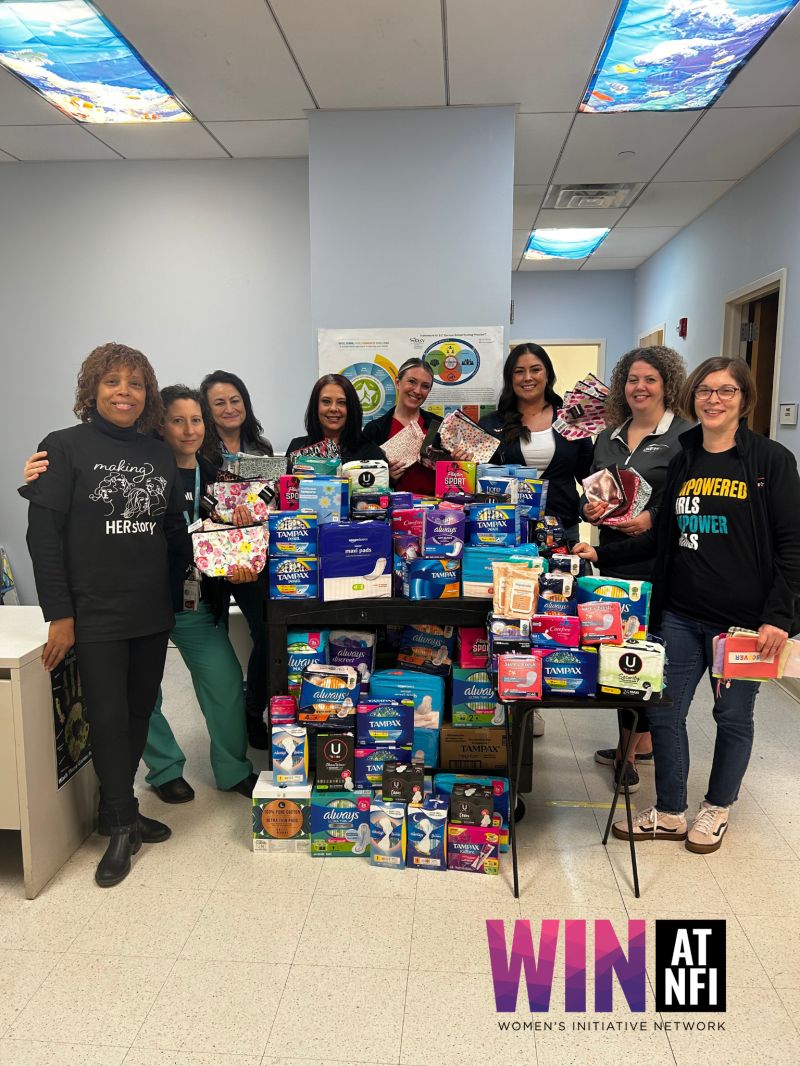

 The truck driver community is strong. There are a number of charitable organizations out there that will lend a helping hand when drivers need it. Probably the biggest of these organizations is the St. Christopher Truckers Relief Fund.
The truck driver community is strong. There are a number of charitable organizations out there that will lend a helping hand when drivers need it. Probably the biggest of these organizations is the St. Christopher Truckers Relief Fund. 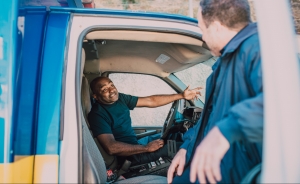

 The Iowa 80, located right off exit 284 on the I-80 is the world’s largest truck stop, and somewhere that almost every OTR truck driver has been to at least once. But do you know about all the unique services they offer or how it became the world’s largest truck stop? Here’s everything you need to know about the historic truck stop.
The Iowa 80, located right off exit 284 on the I-80 is the world’s largest truck stop, and somewhere that almost every OTR truck driver has been to at least once. But do you know about all the unique services they offer or how it became the world’s largest truck stop? Here’s everything you need to know about the historic truck stop. 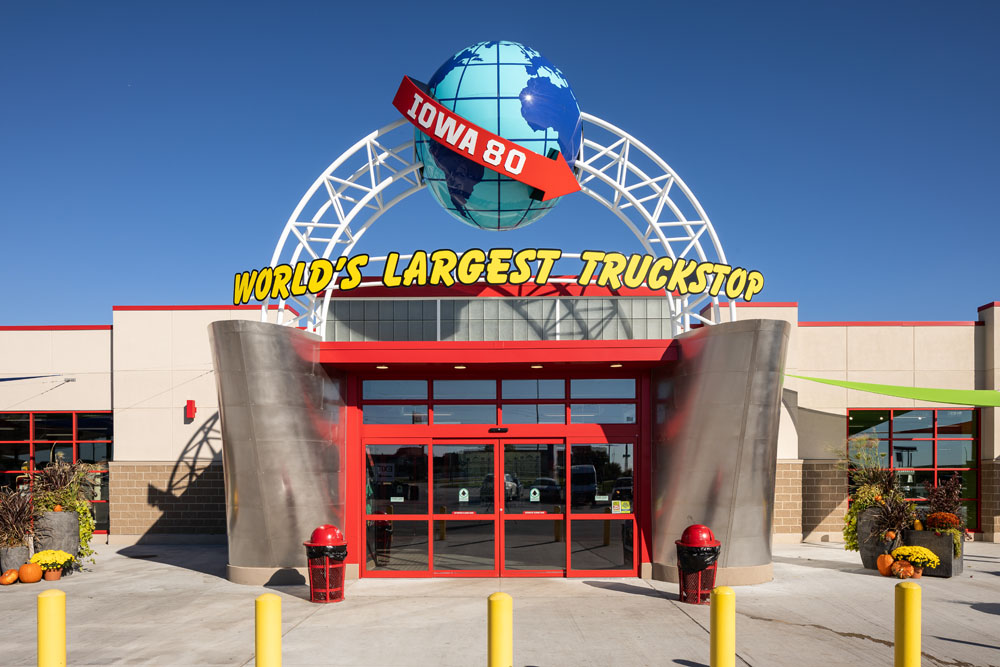





![WLT_Sign_cropped[1]](https://www.drivemyway.com/wp-content/uploads/2022/06/WLT_Sign_cropped1-909x1030.jpg)
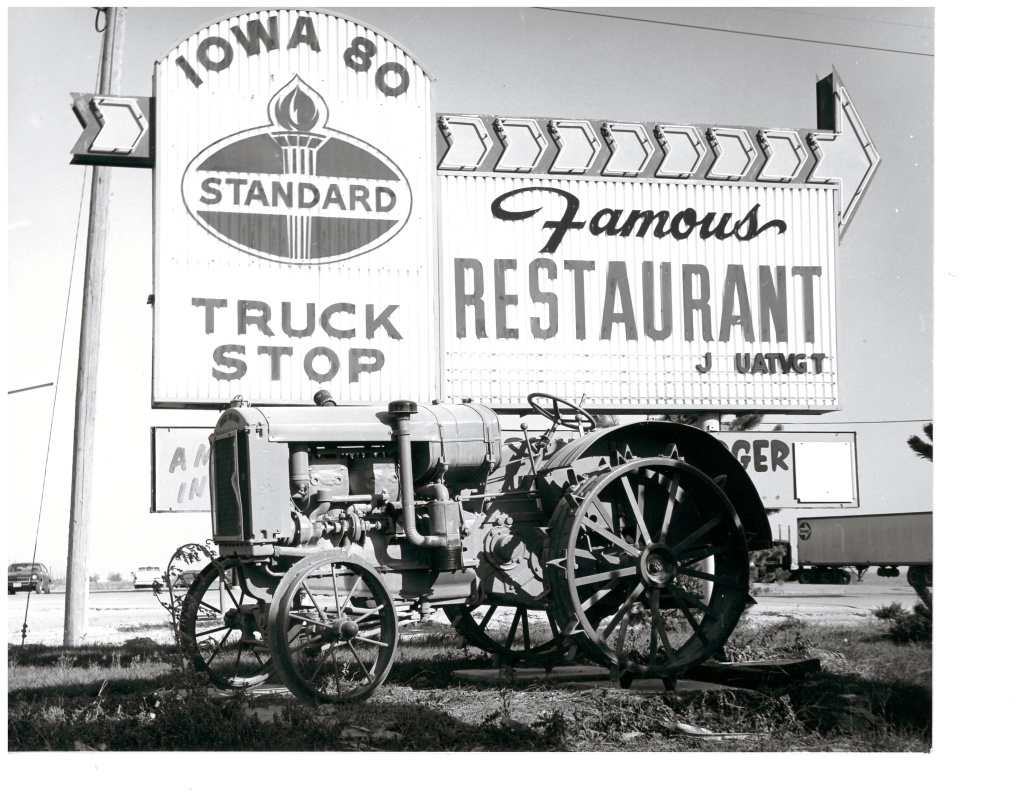
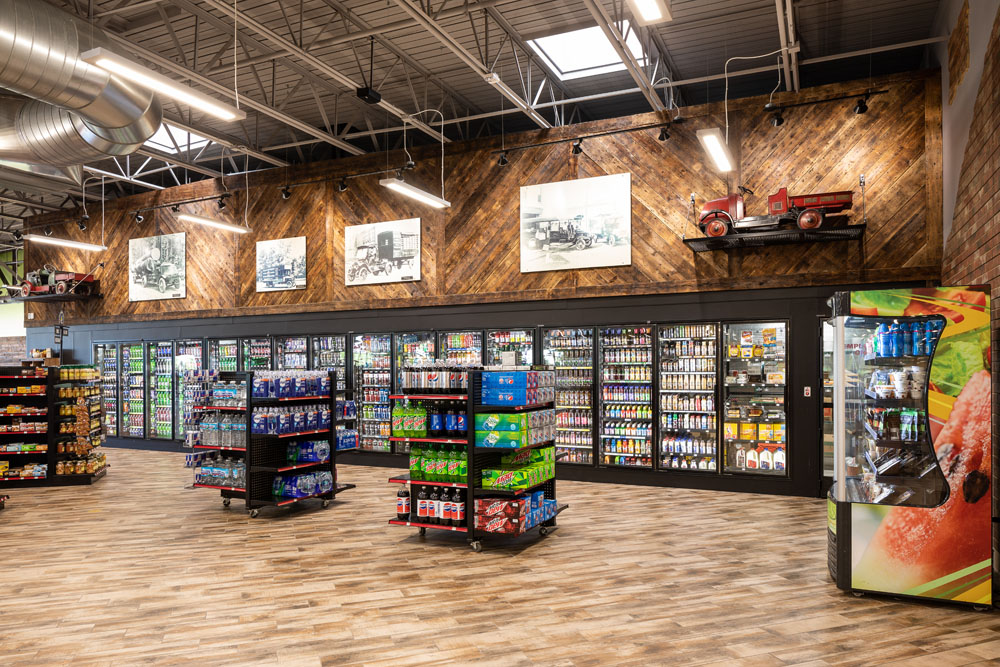
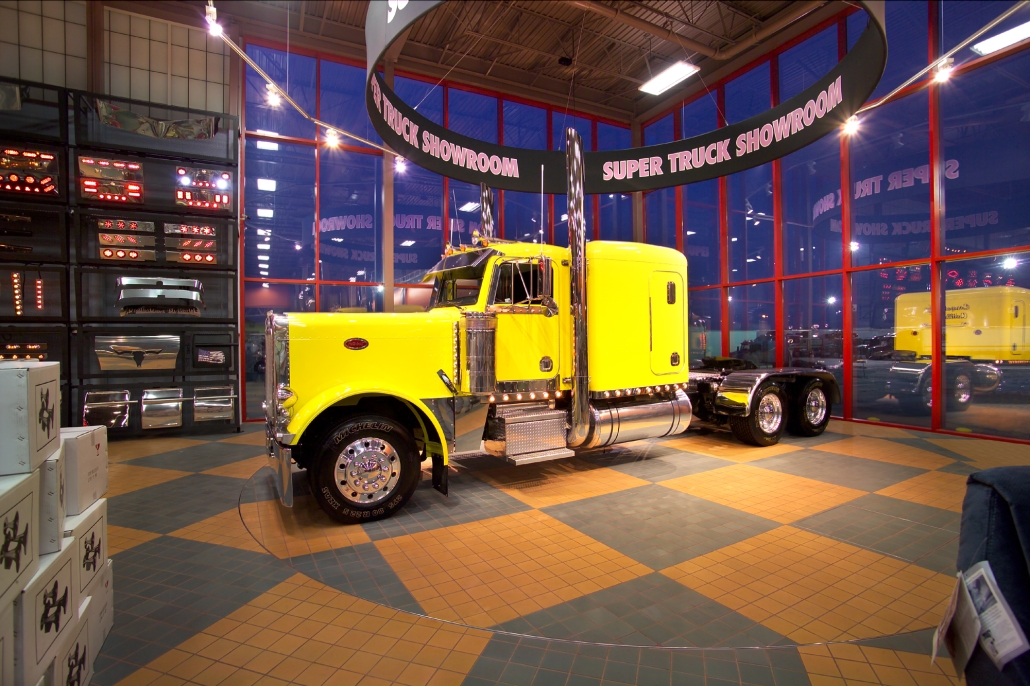
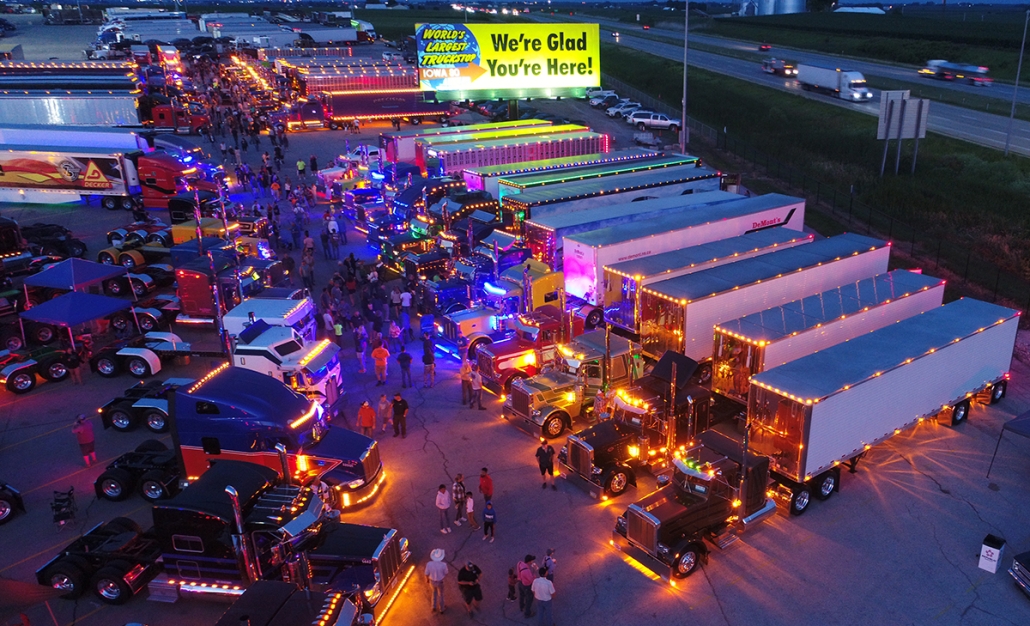
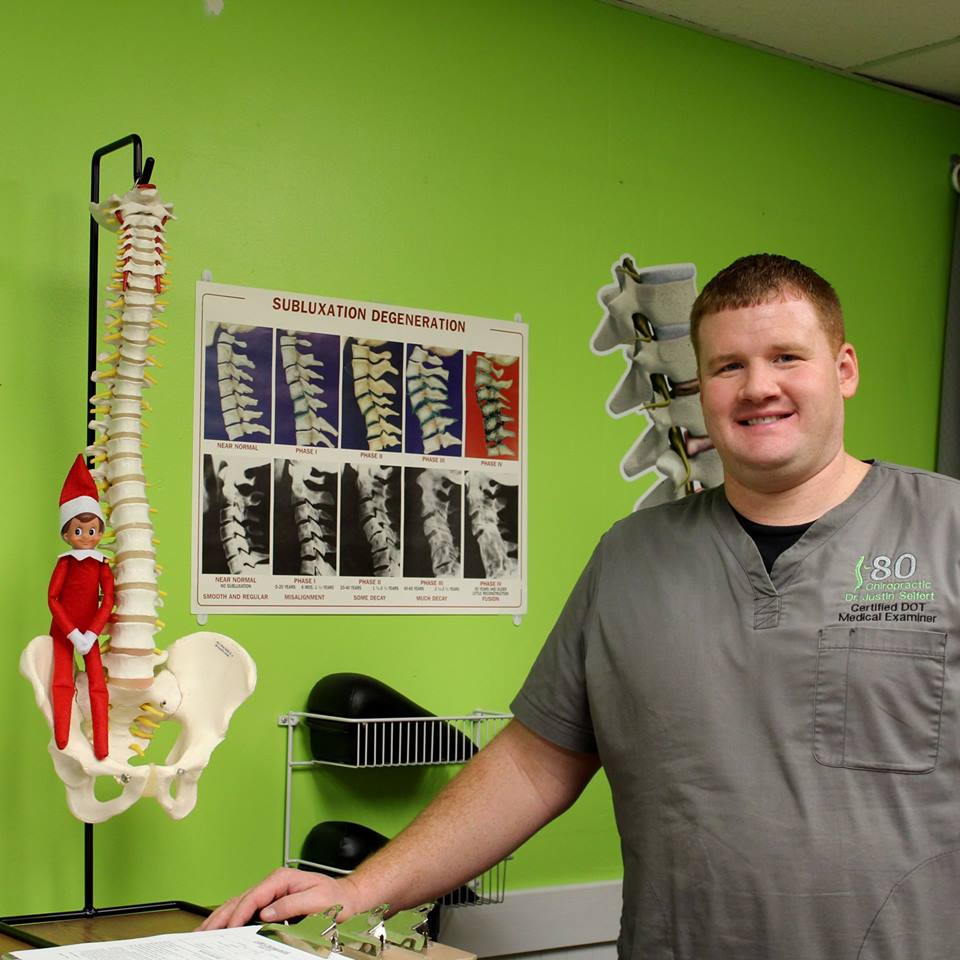






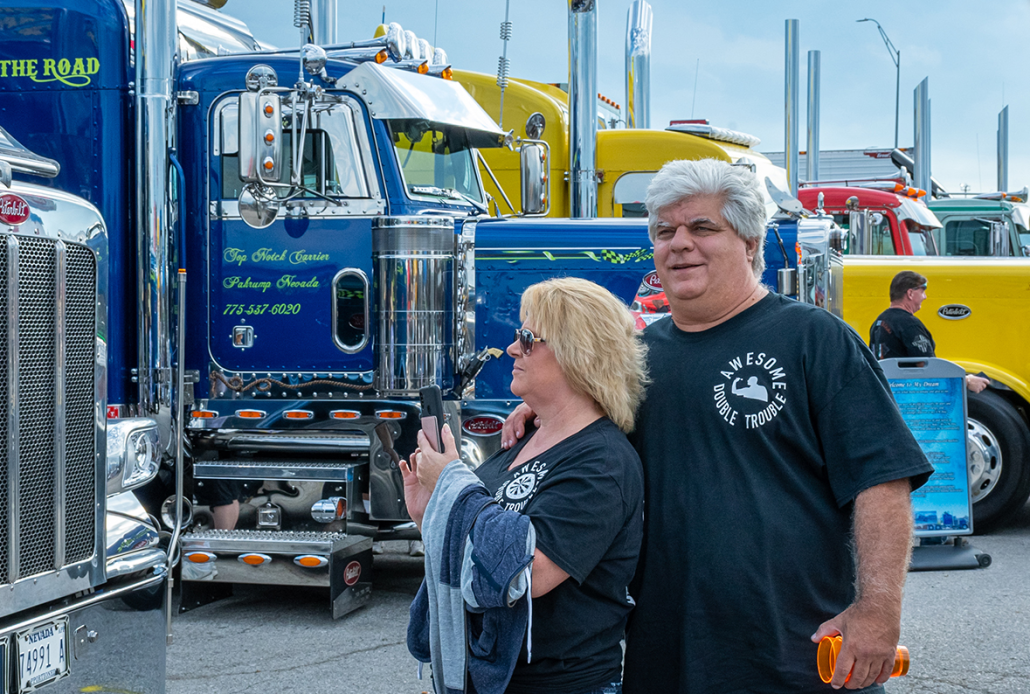


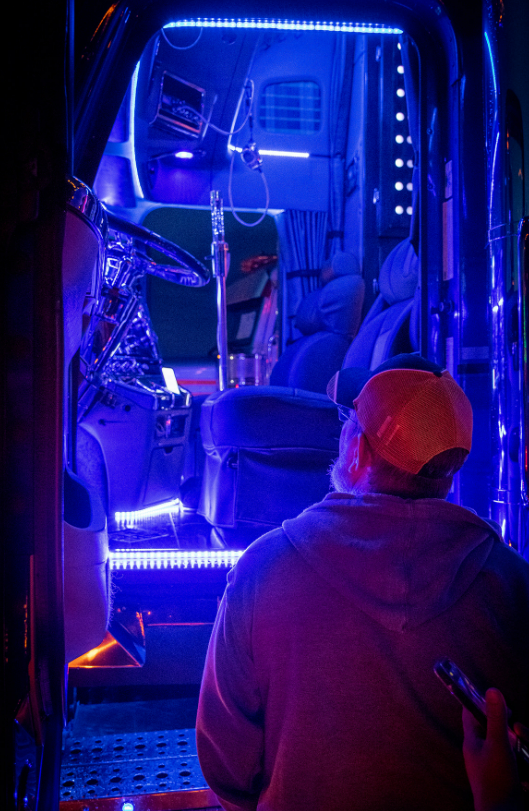
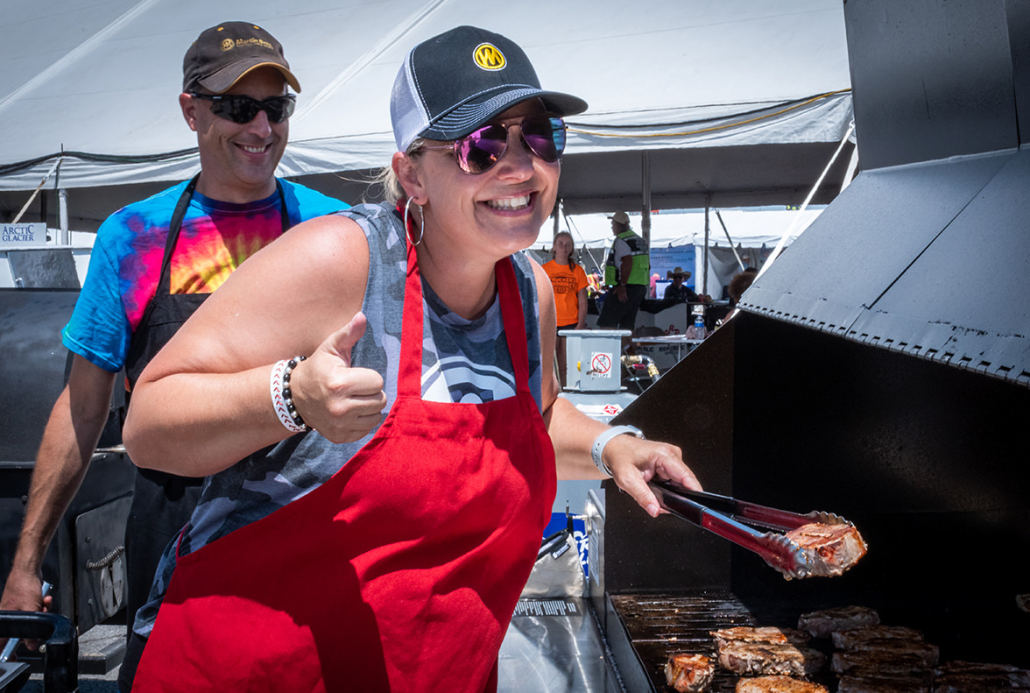



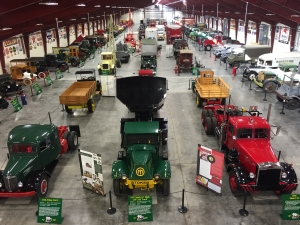



 It’s common knowledge that smoking is linked to numerous health problems, including heart disease and of course, cancer. But did you know that
It’s common knowledge that smoking is linked to numerous health problems, including heart disease and of course, cancer. But did you know that 



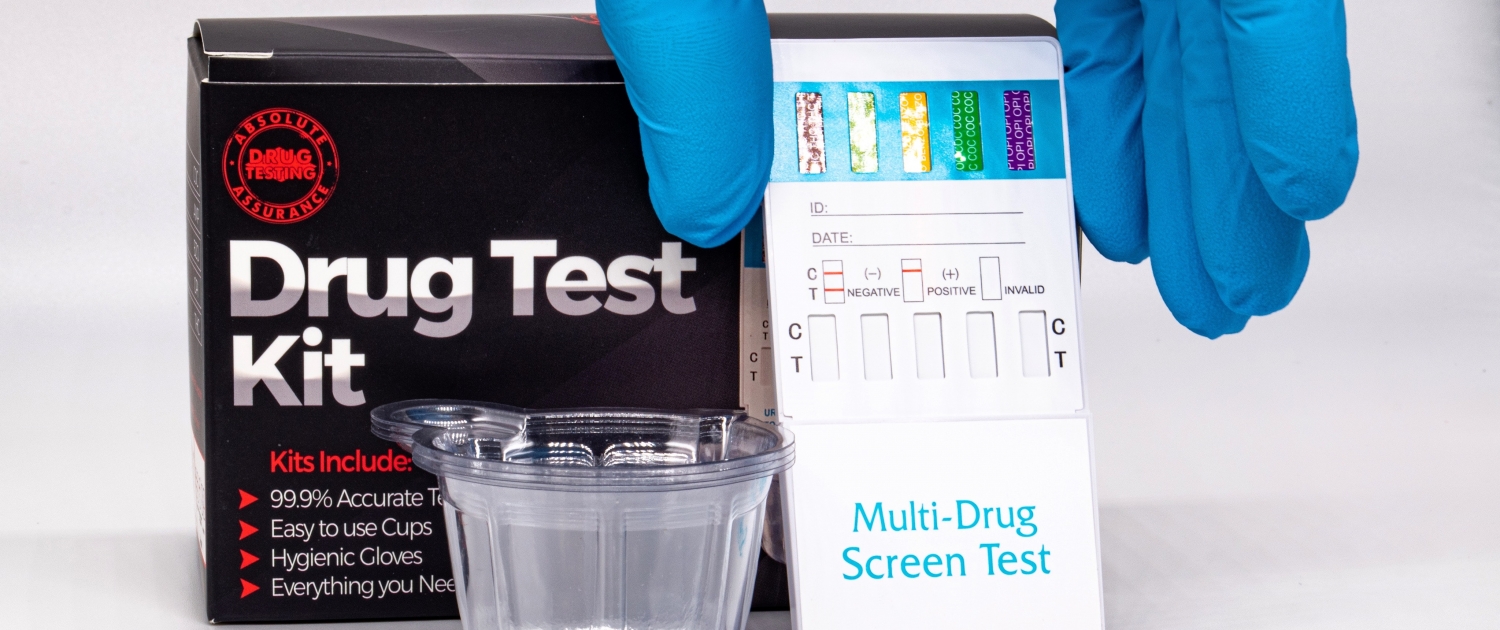


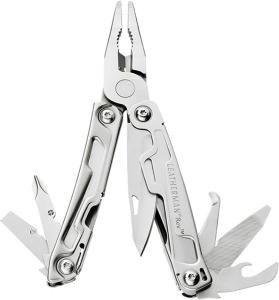 There are a thousand little reasons to have a multi-tool on hand. Leatherman is a tried and trusted brand, and
There are a thousand little reasons to have a multi-tool on hand. Leatherman is a tried and trusted brand, and  Yes, socks are the stereotypical boring gift. They definitely have a reputation, but hear us out!
Yes, socks are the stereotypical boring gift. They definitely have a reputation, but hear us out! 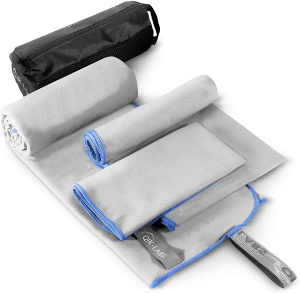 This is the gift the truckers in your life didn’t know they needed. A lot of people use these handy towels for camping, but they are right at home in a truck. A
This is the gift the truckers in your life didn’t know they needed. A lot of people use these handy towels for camping, but they are right at home in a truck. A  Entertainment is a must-have on the road! A subscription to
Entertainment is a must-have on the road! A subscription to  For every trucker, home is where the heart is. Even for the truckers who can’t resist the call of the open road, there are almost certainly places and
For every trucker, home is where the heart is. Even for the truckers who can’t resist the call of the open road, there are almost certainly places and  This emergency kit is as much fun to make as it would be to get. Some people might claim that snacks on the road aren’t a “real” emergency, but we beg to differ. This is one of the best Christmas gifts for truck drivers who have a sense of humor and
This emergency kit is as much fun to make as it would be to get. Some people might claim that snacks on the road aren’t a “real” emergency, but we beg to differ. This is one of the best Christmas gifts for truck drivers who have a sense of humor and 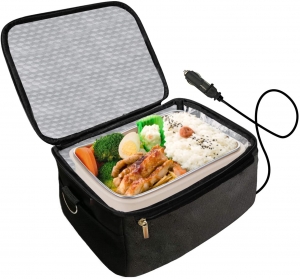 A
A  Free weights get a lot of good press, but
Free weights get a lot of good press, but 


 Once a Truck Driver
Once a Truck Driver
 Deciding to Maintain a CDL License
Deciding to Maintain a CDL License Two Essential Professions
Two Essential Professions
